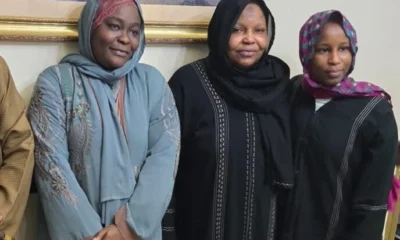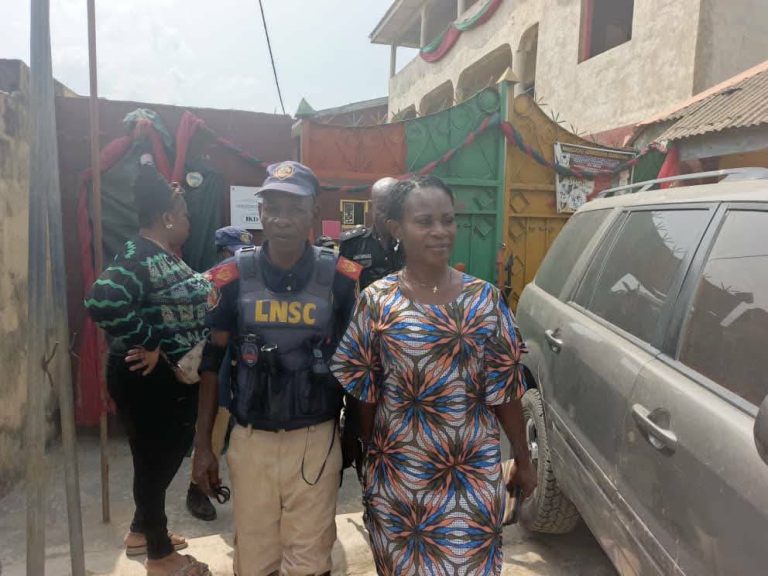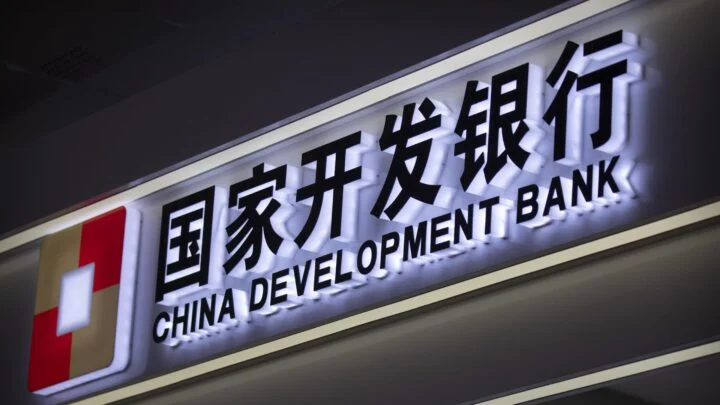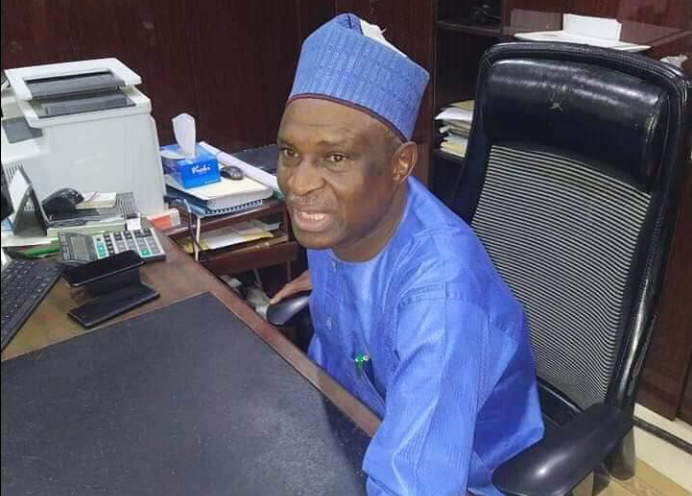For the third consecutive year, the pan-African and fully integrated Conglomerate, Dangote Group has again emerged as the Most Valuable Brand in Nigeria for the year 2020, the outcome of the 2020 edition of the Annual Brand Evaluation, “TOP 50 BRANDS NIGERIA” has revealed.
Though, still themed Top 50 Brand, however, 60 brands were evaluated as being top of the pack in commemoration of Nigeria’s Independence Diamond Jubilee as announced by the organizers earlier at the beginning of the year.
The emergence of Dangote brand as the most valuable for the third time in Nigeria is coming a year after the Company was named the most admired African brand, of African continent origin, by consumers in the Continent ahead of the telecommunication giant, MTN in a survey of 100 Africa best brands which was announced in Johannesburg
In a statement by Top 50 Brands, made available to journalists ahead of the formal public presentation of the brands yesterday, Taiwo Oluboyede, Chief Executive Officer said “In this special edition of the annual top brands evaluation, I am glad to inform you again that Nigerian brands have taken the shine by maintaining their leadership positions. We are particularly delighted that locally made brands don’t just top the list, they also record the majority among the top 10, with seven of the 10 brands being Nigerian.”
Commenting on Dangote’s emergence as the most valuable brand for the third year running, Prof. Ehiedu Iweriebor of the Department of Africana and Puerto Rican/Latino Studies, Hunter College, City University of New York, said: “Dangote Group as a brand leader for the third year is a richly deserved honor.
It is a Nigerian industrial powerhouse that making Africans proudly of their endogenous company and product.”
However, the multinationals have more entries overall, with 52 percent, an equivalent of 31 brands out of the 60.
This achievement by Nigerian brands is significant in many ways, having 70 percent of the top 10 being Nigerian. It shows that our locally made brands are constantly evolving and becoming more vibrant by the day.
“They have not relented in making attractive value proposition that endears the consumers to them, to the point that many consumers are now contended with Made in Nigeria, over foreign brands across many categories. This is a clear departure from recent pasts.
“This also means that many great things are still happening in Nigeria, regardless of the negative press. Our locally made brands are standing shoulder to shoulder with the multinationals in their industries and they are emerging better in valuation and perception.“, he stated.
According to him; Big businesses and widely acceptable brands are being built here, challenging the status quo, and taking leadership roles across various industries and areas of operations. “They are not just local champions, many of these Nigerian brands have also become multinationals, expanding aggressively across other African countries and beyond.
You can see this in brands like Access Bank, Globacon, UBA, GTBank, Zenith Bank, First Bank, Dangote Group, etc.
“This is a huge plus to the Nigerian business space and a strong point of encouragement to foreign investors that Nigeria still remains a top business frontier where you are almost certain of a high return on your investment.”
A brief summary of the 2020 report as published on their website, reveals that Dangote Group topped the list of the Most Valuable Brand 2020. This is followed by MTN which also doubles as the Most Valuable Multinational and Telecom Brand.
In third place is Globacom, another proudly Nigerian brand. Glo made an impressive achievement this year by the emerging top in the popularity survey.
The popularity test, which is done through a Top of the Mind (TOM) survey is the first and most important variable in the annual top brands evaluation.
Glo achieved an 89% mention from respondents during the TOM survey. This made Globacom, the Most Popular Brand in Nigeria 2020.
Coca-Cola Nigeria emerged in fourth place and effectively topped the Beverages category, followed by GTBank in 5th Place, topping the Banking and Financial Services brands.
Banking and Financial Services had the highest number of brands in the top 10, with five brands. This is followed by the telecoms with three brands.
Seven brands among the top 10 had maintained the top 10 positions for the past four years consecutively. Five brands among the top 10 maintained the previous year’s positions.
Overall, 48 Percent, that is an equivalent of 29 brands are Nigerian while there are 31 multinational.
The banking & Financial Services had 14 brands, equivalent of 23.3 percent, followed by the Consumer Goods Category with 12 brands. This is led by Dufil Prima Foods.
Conglomerates and Oil & Gas categories have six brands each, with Dangote and Oando topping them respectively.
Telecoms and Beverages had four brands each. MTN and Coca-Cola emerged top in these two categories respectively.
Media and Automobile had three brands each, with Channels TV and Toyota Nigeria topping the categories
Construction Services, Electronics, Agriculture, and Retail categories had 2 brands each with Julius Berger, Samsung Electronics, FlourMills of Nigeria Plc, and Jumia, a first entrant topping these categories respectively.
Seven brands made the annual ranking for the first time, these are Sterling Bank Plc, Seplat Petroleum, Daraju Industries, TGI Group, Transsion holding, Jumia Nigeria, and AIICO Insurance. Julius Berger Nigeria Plc emerged the higher gainer this year, while 10 brands among the 60 maintained their 2019 positions.
Detailed report with profiles of the top brands and the process, including the full report is available for download on their website
It would be recalled that Dangote Group, from Nigeria for the second year emerged as the most admired African brand, of African continent origin, by consumers in the African continent.
According to South Africa-based Brand Africa in a survey carried out in collaboration with the Johannesburg Stock Exchange (JSE), the seventh edition which was released at the weekend, of 15,000 brands mentioned, Dangote ranked first brand when consumers are prompted to recall the most admired African brand.
In the top 100 list, the United State sports and fitness mega brand, Nike, a non-African brand retains the overall number one brand in Africa spontaneously recalled by consumers.
South African telecoms brand MTN is the number one African brand spontaneously recalled brand, while surging Ethiopian brand Anbessa Shoes, at number two, swopped positions with Nigerian conglomerate, Dangote, which is the number three most admired brand of African of origin.
However, when consumers are prompted to recall the most admired African brand, Dangote retains the number one position. Just last year Dangote brand was named the most valuable brand among the top 50 brands in Nigeria for 2018 by Brand Nigeria.
Further analysis of the ranking indicates that Overall, the 2018/19 Brand Africa 100 list, which is calculated from 15,000 brand mentions illustrates a very diversified range of brands in Africa and shows a year on year consistency with 80 percent of the top 100 brands have been in the top 100 Most Admired Brands in previous years.
Overall, African brands faltered to an all-time low 14 percent share of the top 100 most admired brands in Africa. However, MTN (South Africa), Dangote (Nigeria), and Safaricom (Kenya) are the most admired highest listed brands on sub-Sahara’s leading bourses, the JSE, Nigeria Stock Exchange, and Nairobi Securities Exchange respectively.
Faced with a relentless focus on the African opportunity and investment by non-African brands, Africa’s share of the most admired brands has been rapidly declining over the past three years from a high of 25 percent in 2013/14 to lows of 16 percent in 2015/16, 16 percent in 2016/17 and 17 percent in 2017/18.

 BIG STORY3 days ago
BIG STORY3 days ago
 BIG STORY6 hours ago
BIG STORY6 hours ago
 BIG STORY3 days ago
BIG STORY3 days ago
 BIG STORY3 days ago
BIG STORY3 days ago
 BIG STORY2 days ago
BIG STORY2 days ago
 BIG STORY2 days ago
BIG STORY2 days ago
 BIG STORY3 days ago
BIG STORY3 days ago
 BIG STORY3 days ago
BIG STORY3 days ago



















